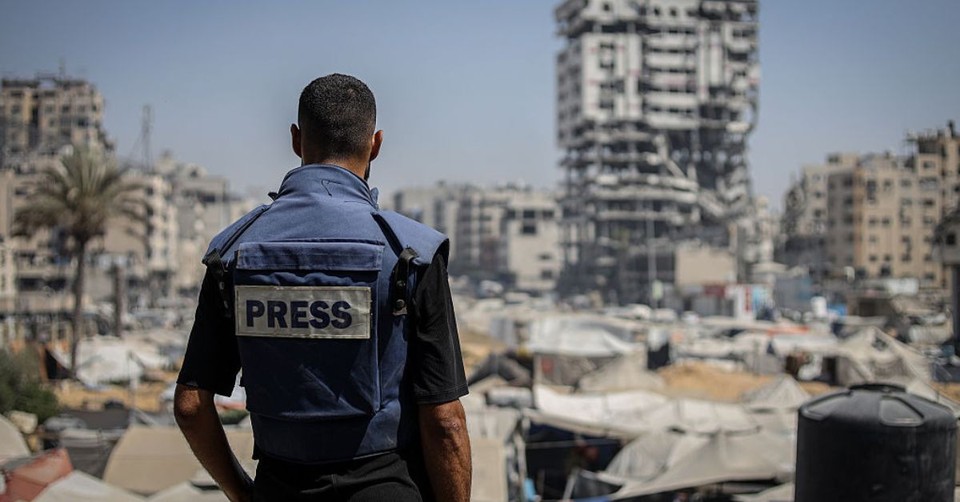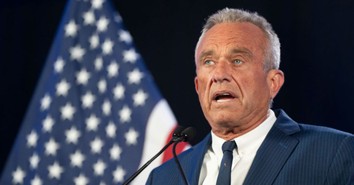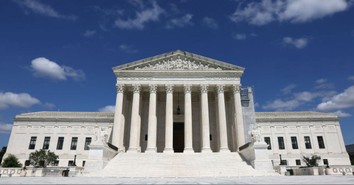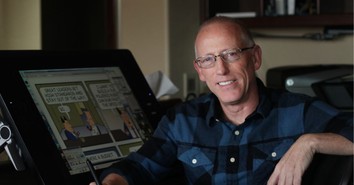The High Cost of Truth-Telling in Times of War

Many would say the most dangerous place for a journalist to work is in a war zone. Palestine, in particular, is considered the most dangerous place for journalists. A minimum of 124 journalists and media workers were killed last year, and about two-thirds of those were Palestinians, according to the Committee to Protect Journalists (CPJ).
The death of Al Jazeera journalist Anas al-Sharif, as well as correspondent Mohammed Qraiqea, and photographers Ibrahim Al Thaher and Mohamed Nofal, has intensified the cry for enhanced protection for journalists reporting in a war zone.
Sharif and His Colleagues Insisted on Continuing News Coverage in Spite of Dangers
The colleagues were subjected to a drone attack while they were inside their journalist tent outside the main gate of Gaza City's al-Shifa Hospital earlier this month, according to Al Jazeera. Israel claims that the reason for the attack was that Anas al-Sharif was working with Hamas as the head of a terrorist cell, and he also assisted with rocket attacks on Israel, according to Newsweek.
"A press badge isn't a shield for terrorism," the Israel Defense Forces (IDF) told Newsweek.
Hamas is denying that al-Sharif was involved with their military or their munitions.
Al-Sharif had also publicly denied involvement shortly before he was killed.
In an interview with the BBC, Al Jazeera Managing Editor Mohamed Moawad spoke of the team as "brave journalists who refused several times our pressure to stay safe and try to avoid covering the story if that's endangering his life."
He went on to note that Al-Shrif was apparently also being pressured by Palestinians in Gaza to stay and continue coverage because they felt they had a voice through him to speak about their situation.
Half of All Journalists in Gaza Killed by Drones in 2024
"The abysmal situation faced by journalists in Gaza is an aberration in the field of conflict reporting," Gypsy Guillén Kaiser, advocacy and communications director for the CPJ, told Newsweek.
He went on to note that nearly half of all journalists who were killed in Gaza in 2024 were killed by drones, referring to this as "a new and growing trend in conflict reporting."
Current Laws that Protect Journalists
According to the International Committee of the Red Cross (ICRC), "Civilian media professionals, so long as they are not directly participating in hostilities, are protected as civilians under international humanitarian law. In addition to these protections, media professionals also have certain responsibilities. They must not be attacked, but they must respect the law and should report accurately."
At the same time, humanitarian law also notes that there are two categories of journalists who work in conflict zones: war correspondents who are accredited to the armed forces, and independent journalists.
War correspondents are all, "specialized journalists who, with the authorization and under the protection of a belligerent's armed forces, are present on the theatre of operations with a view to providing information on events related to the hostilities," according to the Dictionnaire de droit international public as referenced by the ICRC.
The ICRC also points out that when media professionals report on armed conflicts, they are "critical in informing the public about events that may otherwise go unnoticed."
How Christians Can Pray for Journalists
They can also play an important role in notifying the public about steps to take during disaster, including getting to safety, finding shelter and obtaining necessary supplies in times of crises.
Media professionals need the prayers of Christians for God to guide their steps, give them eyes to see and ears to hear the unbiased truth, help them to have the courage and opportunities to report the unbiased truth at the right time, and protect them and their families from danger.
Photo Credit: ©Getty Images/Anadolu/Contributor

Originally published August 25, 2025.







